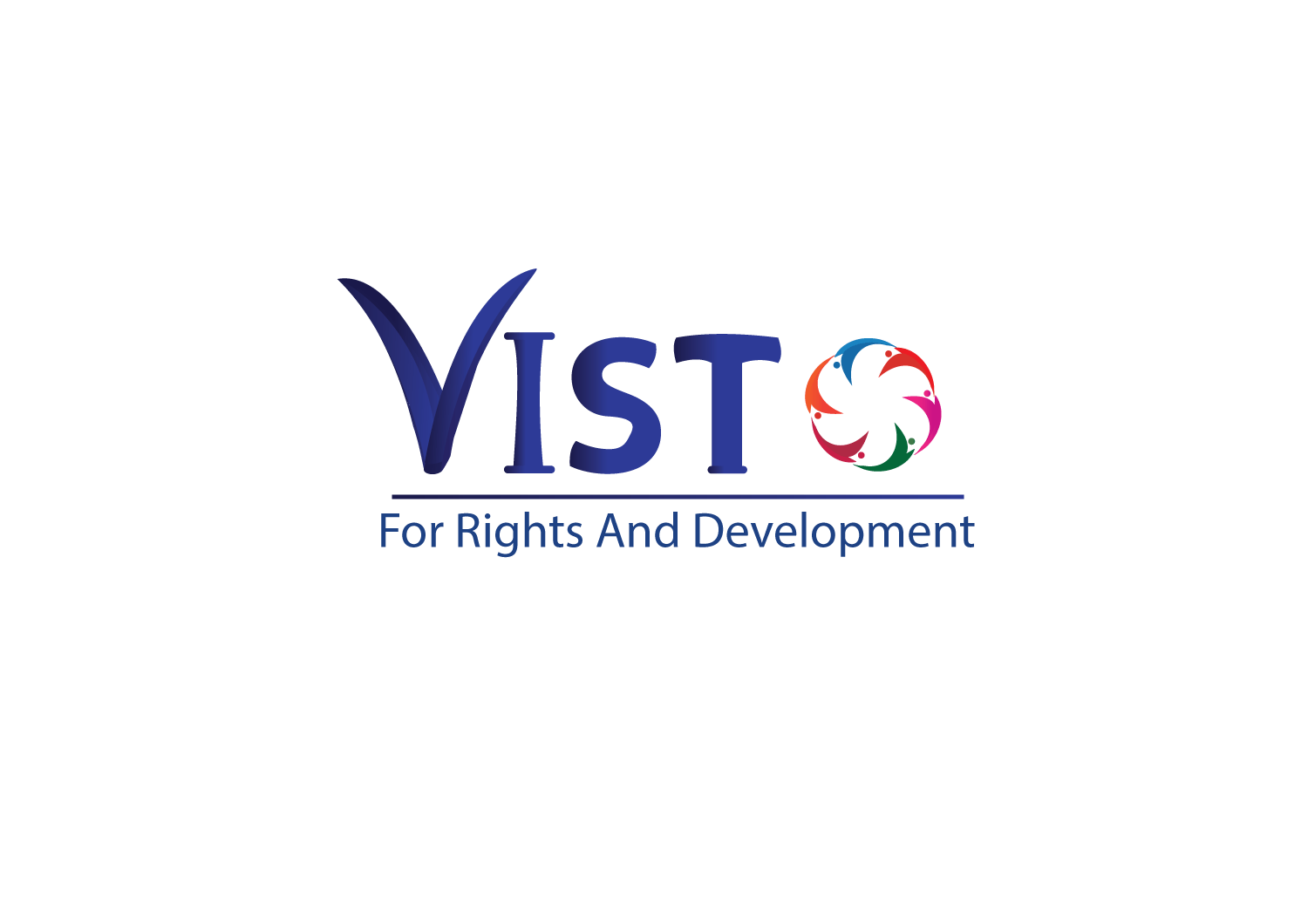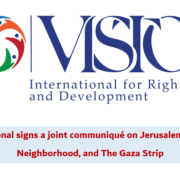Visto International, in collaboration with the Al Jazeera Media Institute, has announced the release of a specialized guide aimed at providing journalists with in-depth and unparalleled insights into understanding their legal rights and obligations. The guide seeks to empower journalists with the knowledge of what is permissible and prohibited under the law to ensure responsible and lawful journalism.
Lead author of the guide and Head of the Human Rights Department at Visto International, Lawyer Enas Zayed, emphasized that this initiative stems from a shared vision between Visto International and the Al Jazeera Media Institute. It underscores the significance of equipping Arab journalists with the necessary tools to comprehend the legal framework governing their journalistic endeavors. Journalism operates within a complex legal landscape, making it the fourth authority with a direct impact on both state and society.
Zayed highlighted that this guide aligns perfectly with the core objectives of Visto International, which is dedicated to fostering conscientious journalism that upholds human rights and strengthens democratic values.
Limited Awareness of Journalists Regarding Legal Rights and Responsibilities
In a survey conducted by Al Jazeera among journalists, concerning their knowledge of legal rights and responsibilities within their respective countries, the results were revealing. An astounding 72.8% of surveyed journalists admitted to having either limited or no knowledge of these rights and responsibilities. In contrast, a mere 7.4% claimed to possess a comprehensive understanding of their legal rights.
For this reason, Zayed stressed the paramount importance of this guide. It delivers practical knowledge essential for Arab journalists, whether they are engaged in fieldwork or office-based tasks. The guide empowers them with the understanding that their journalistic activities are safeguarded by the law. It clarifies that actions like exposing corruption or critiquing public officials are fully protected under the law. Simultaneously, it emphasizes the specific regulations and constraints that journalists must adhere to.
What Does the Guide Cover?
The comprehensive guide addresses critical questions relevant to every journalist in the Arab world, including: What constitutes legal protection? How can journalists safeguard their information and sources? What are the boundaries of publication, censorship, and the legal consequences associated with publishing or withholding certain information? Lastly, what legal rights do journalists possess when facing summons, arrest, or trial?
To access your copy of the guide, please click here (Arabic).











